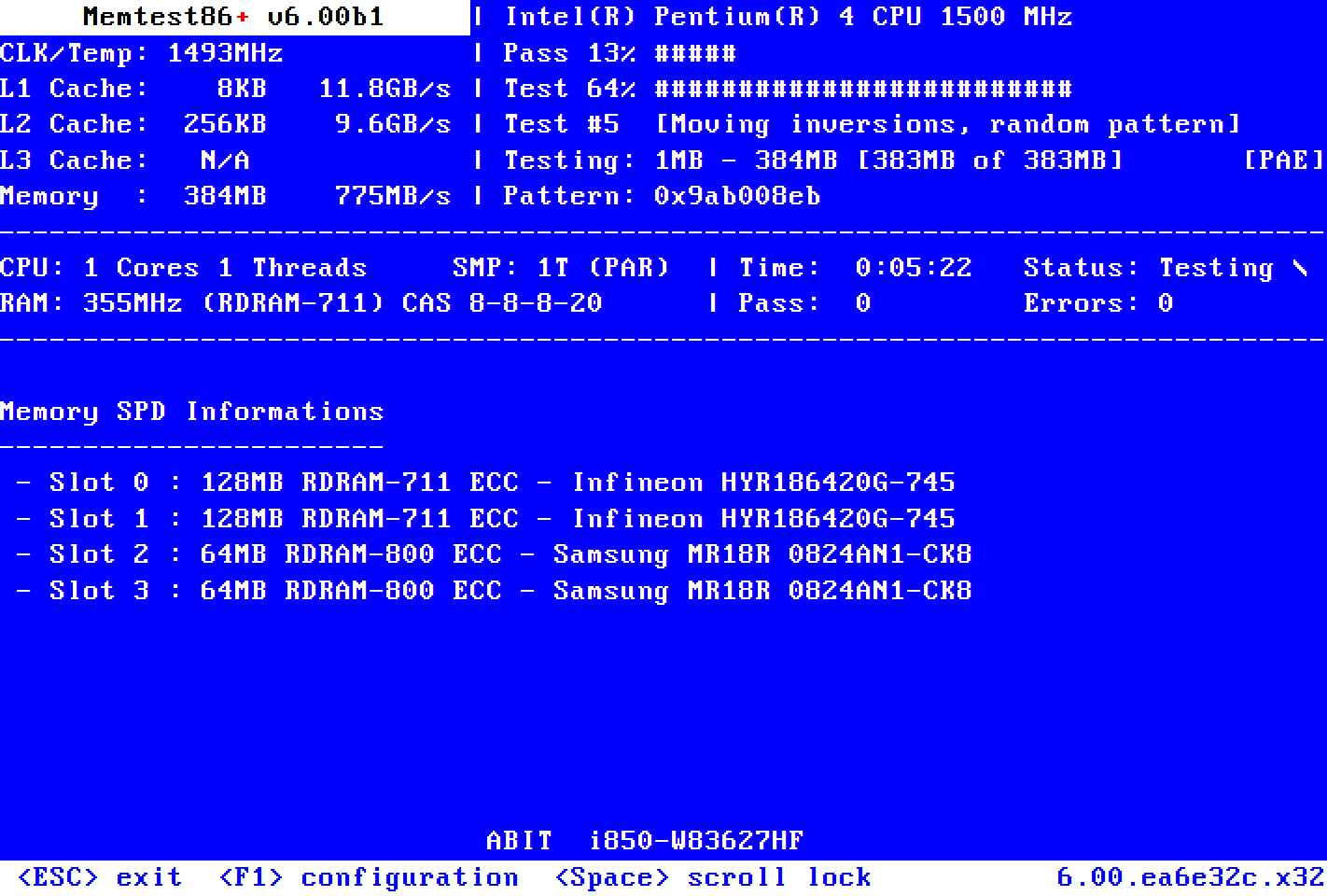I have a rig with a Ryzen 5 2600X that has been running a little over 4 years. It was cooled by a DeepCool 212 cooler and has never been OC'd, and I have never seen it get hot (36°C idle - 50's when I used to game). Today I was watching a youtube video and suddenly got a black screen, followed by a reboot. The PC got stuck in boot loop. I tried to boot off a secondary SSD that has Windows 11 on it, thinking my primary SSD was toast, but even with the secondary SSD as boot drive, the PC was still going through the reboot loop.
I figured it's the CPU or the MB.
I had an old Ryzen 1300X laying around, popped it in, and sure enough the PC booted into Windows.
My question is, what can cause a CPU to just die suddenly? Again, it was never OC'd and stayed cool. One thing I will mention is that I always have a lot of tabs open in Firefox and Chrome. After a week or so, the PC would bog down (become slow) as the memory usage would be at 90-95%.
However, the CPU would still be at low usage. All I had to was restart Firefox/Chrome, and the PC would operate normally again.
So, is it just bad luck? or should I be looking at something else?
The PC is connected through a CyberPower UPS and has not experienced power interruptions.
I figured it's the CPU or the MB.
I had an old Ryzen 1300X laying around, popped it in, and sure enough the PC booted into Windows.
My question is, what can cause a CPU to just die suddenly? Again, it was never OC'd and stayed cool. One thing I will mention is that I always have a lot of tabs open in Firefox and Chrome. After a week or so, the PC would bog down (become slow) as the memory usage would be at 90-95%.
However, the CPU would still be at low usage. All I had to was restart Firefox/Chrome, and the PC would operate normally again.
So, is it just bad luck? or should I be looking at something else?
The PC is connected through a CyberPower UPS and has not experienced power interruptions.




